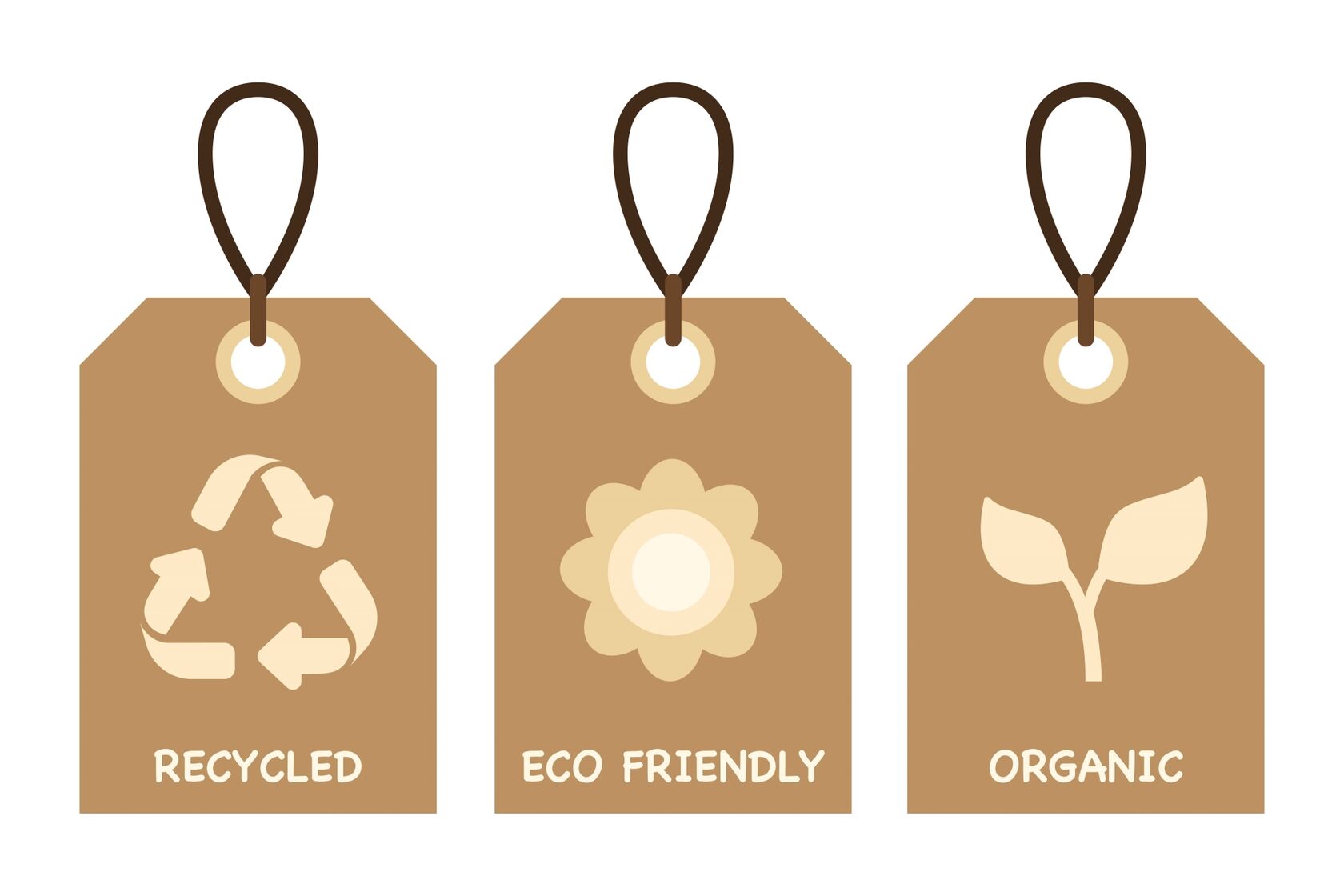The Green Claims Directive proposal aims to address the issue of making false or exaggerated claims about the environmental friendliness. What are its key takeaways? Who does it apply to? And how much trouble can you get in if you greenwash your business? Keep on reading.
Greenwashing - making false or exaggerated claims about the environmental friendliness of products or practices - is a major concern in the current climate crisis. The Green Claims Directive proposal aims to address this issue by introducing stricter regulations and penalties for businesses that engage in greenwashing.
This approach will ensure that consumers have verifiable, reliable and comparable information about the environmental impact of products and can make informed decisions when purchasing them. Additionally, it will create a more level playing field for businesses that are genuinely committed to sustainability, as they will not compete against companies falsely marketing their products as eco-friendly.
What are the top 3 takeaways?
- Evidence
- Evidence
- Evidence
That’s the new proposal summed up. It doesn’t mean you can’t talk about being socially and environmentally responsible or that you have to stop using your objective of reaching net zero by 2030. It does mean that unless you can provide evidence for these statements, you’ll be in trouble.
How much trouble can you get in with greenwashing?
Member States must enforce penalties and measures for breaking the rules of the Green Claims Directive. These should include the following:
- Fines that remove any profit earned from the Directive violation
- Fines should increase for repeated violations
- The minimum fine for an infringement should be 4% of the business's annual turnover in the relevant Member States
- Any revenue earned from the transactions related to the products involved in the infringement should be confiscated.
- Temporarily banning businesses from participating in public procurement and accessing public funding for up to 12 months
Key points in the Green Claims Directive proposal
Scope
The directive will apply to any business that makes environmental claims, including manufacturers, importers, service providers, and retailers.
Types of claims
The directive will cover a wide range of environmental claims, including claims related to reducing greenhouse gas emissions, energy efficiency, recyclability, and biodegradability. It also includes environmental labelling schemes.
Requirements for claims
The directive will establish specific requirements for environmental claims, including requirements for substantiation, comparison, accuracy, and clarity, for example:
- credible scientific evidence and up-to-date technical knowledge
- consideration of the impact of the product throughout its whole lifecycle
- does the claim apply to the whole product or only specific parts?
- show both positive and negative impacts of a product
- transparent reporting of greenhouse gas offsets
Verification
The directive will require companies to verify their environmental claims through third-party certification or testing, or by using standardized methods and data.
Penalties
The directive will establish penalties for companies that make false or misleading environmental claims.
Implementation
The directive will be implemented through a mix of self-regulation and government oversight, with member states responsible for enforcing the law. Traders making environmental claims must review and update their claims every five years to make sure they meet the
Who does Green Claims Directive apply to?
To help reduce their administrative costs, small companies and other microenterprises with less than 10 employees and annual turnover under EUR 2 million are exempt from the proposed environmental claim regulations (but can still comply voluntarily).
However, all traders, including small businesses, are still subject to the Unfair Commercial Practices Directive, which prohibits misleading or aggressive commercial practices that could deceive or manipulate consumers, including false or exaggerated statements, bait-and-switch tactics, and harassment or coercion.
The directive also promotes transparency in commercial transactions and requires businesses to provide clear and accurate information to consumers. It also encourages consumer education and awareness-raising initiatives to promote informed decision-making.
What will be the impact on businesses?
The impact of the Green Claims Directive on businesses will depend on the specific requirements of the final directive version. However, businesses will likely need to invest in better data collection and verification processes to ensure their environmental claims are accurate and substantiated.
Companies may also need to change their marketing and advertising practices and materials to comply with the new requirements, and they may face penalties for non-compliance. On the other hand, the directive could also create new opportunities for businesses that can demonstrate their environmental credentials through verified claims.
And if you don’t know where to start, let us know, our comms and sustainability experts can help.
(Image by juicy_fish on Freepik)


